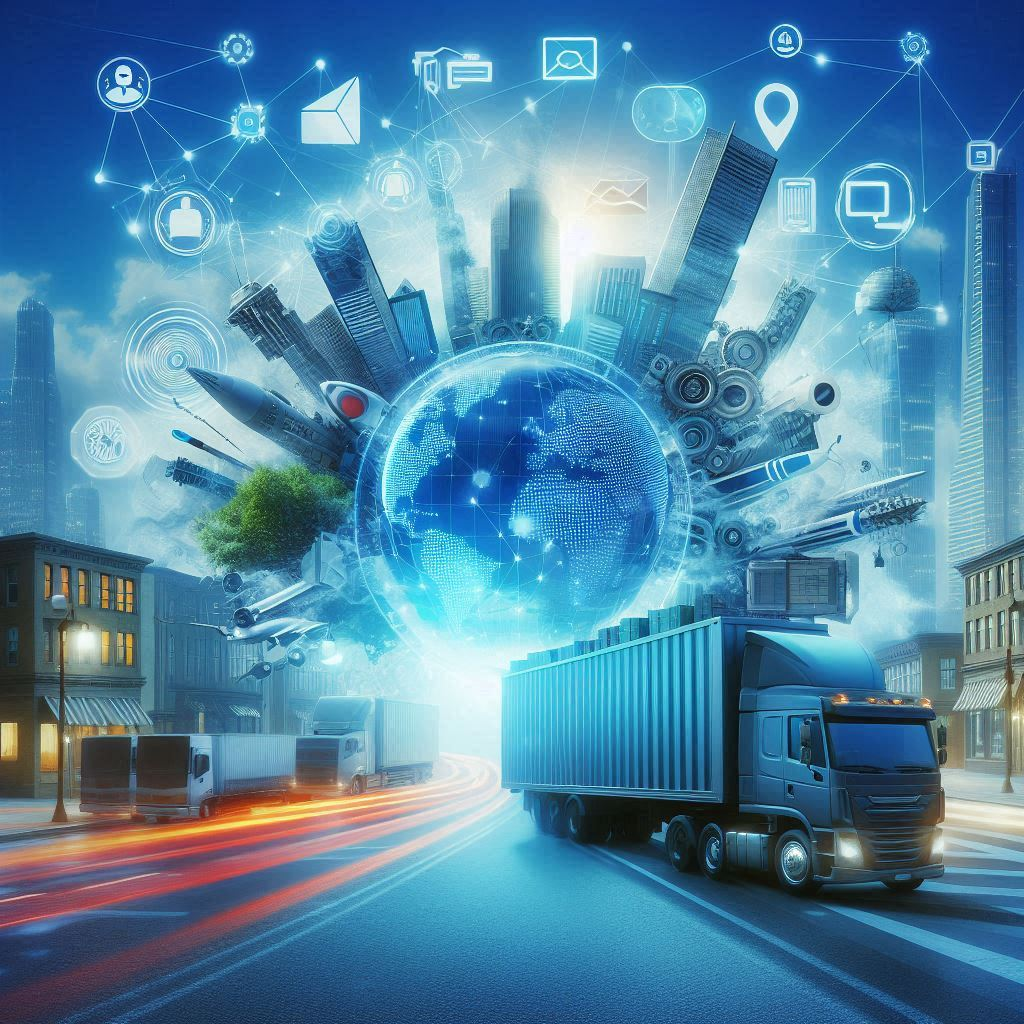Navigating the Crossroads of Innovation: Technology's Transformative Impact on the Moving Industry
In the ever-evolving realm of technology, no industry remains untouched by its transformative power. The moving industry, once characterized by traditional methods and manual labor, is now undergoing a metamorphosis driven by technological advancements.

In the ever-evolving realm of technology, no industry remains untouched by its transformative power. Once characterized by traditional methods and manual labor, the moving industry is now undergoing a metamorphosis driven by technological advancements. From streamlining communication to enhancing efficiency, technology is revolutionizing the way we approach relocations, making the process more seamless, cost-effective, and customer-centric.
Embracing the Digital Frontier: Online Booking Platforms and Virtual Estimates
Technology has democratized the moving process, providing customers with many online platforms to easily compare prices, book services, and schedule their relocations. These platforms, often accessible through mobile apps, offer transparent pricing, real-time tracking, and the ability to manage every aspect of the move from the comfort of one's home.
Gone are the days of relying on vague estimates and hidden fees. Technology has enabled moving companies to provide accurate and personalized quotes based on factors such as the distance of the move, the volume of belongings, and the additional services required. This level of transparency fosters trust and empowers customers to make informed decisions.
Artificial Intelligence: The Power of Predictive Analytics and Personalized Recommendations
Artificial intelligence (AI) is transforming the moving industry from the inside out. AI-powered chatbots and virtual assistants provide 24/7 customer support, answering queries, addressing concerns, and guiding customers through every step of the moving process. These virtual assistants can even recommend personalized packing materials and provide essential tips to ensure a stress-free relocation.
AI algorithms are also being employed to optimize route planning and dispatch systems, leading to more efficient transportation and reduced fuel consumption. This not only benefits the environment but also translates into cost savings for moving companies, which can then be passed on to customers in the form of lower prices.
The Rise of Smart Technology: Automation and Augmented Reality
Smart technology is finding its way into the moving industry, introducing automation and augmented reality to enhance efficiency and safety. Automated packing robots are capable of packing boxes with precision and speed, reducing the workload on movers and minimizing the risk of damage to belongings.
Augmented reality apps are being developed to provide customers with real-time virtual tours of their new homes, allowing them to visualize furniture placement and plan room layouts before they even move in. This technology eliminates the guesswork and ensures a smoother transition into their new abode.
The Future of Moving: Embracing Innovation for a Seamless Experience
As technology continues to evolve, the moving industry is poised for further transformation. Self-driving trucks and autonomous vehicles hold the potential to revolutionize long-distance relocations, reducing costs and increasing efficiency. Additionally, the integration of blockchain technology could enhance transparency and accountability throughout the moving process.
The moving industry is no longer confined to traditional methods; it is embracing innovation to create a more seamless, efficient, and customer-centric experience. By harnessing the power of technology, moving companies are not only streamlining operations but also fostering trust and loyalty among their customers. As technology continues to advance, the moving industry will undoubtedly adapt and evolve, shaping the future of relocations and redefining the way we move.

